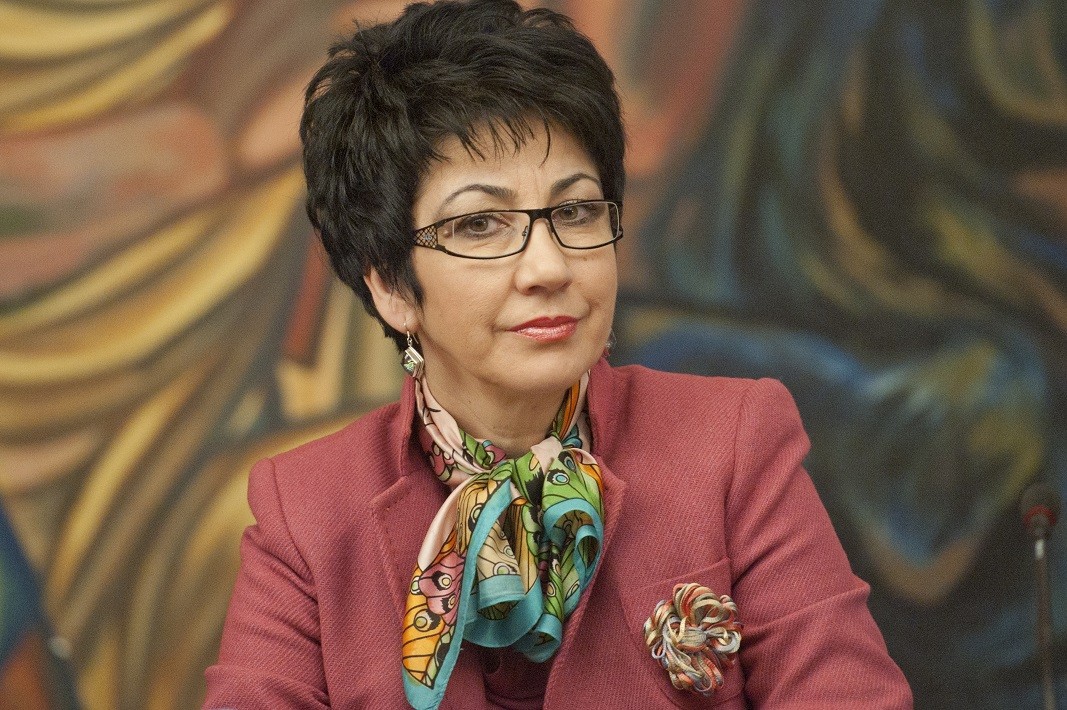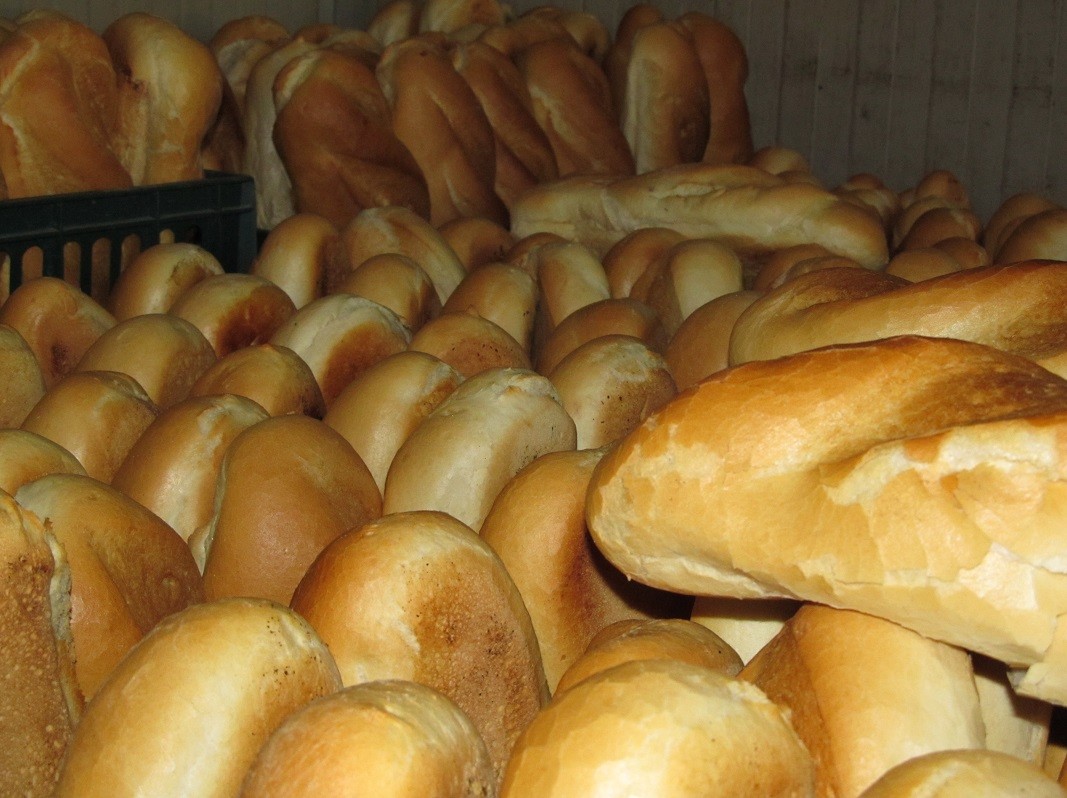Wheat harvesting is almost finished for this year and due to the climate conditions, the expected harvest in Bulgaria will be 1.5 million tonnes less than the previous year. A logical question that we can ask ourselves in this instance is whether bread will become more expensive.
4.5 million tonnes is the expected quantity of produced wheat with 6 million tonnes for last year. This is depicted by the balance sheet of the already harvested wheat, amounting to 95% of the total.

“The poor yield is preoccupying, but it will mostly influence the export quantities since Bulgaria exports around ¾ of its produce,” says Mariana Kukusheva, chairperson of the National Branch Union of Bakers and Confectioners in an interview for BNR’s regional station in Shumen. “When it comes to internal consumption, which needs 1 million tonnes of wheat for the production of bread, pastry and confectionery, I do not believe that we should have any trouble. The wheat with best bakery quality stays in Bulgaria as a rule.”
Due to the UN-issued warning that a shortage of fundamental food products is expected, the stock exchange price of wheat is moving up.

“I am unable to give a prognosis of bread prices, first because every baker and producer creates their own value and, second, since we cannot comment on the future prices of such an important food product,” adds Mariana Kukusheva. “The market is the most correct regulator of the balance between demand and supply. It is still too early to talk about prices since we work with our harvest from last year. Usage of the new yield will begin in October. Until then, we will see what will happen to petrol and electricity prices, since they influence the bread production price.”
Mariana Kukusheva points out that the price of a loaf of bread is made up of around 35% to 40% human labour. Currently, all additional expenses related to the introduction of the extraordinary work conditions due to the epidemic are paid by producers. However, since the crisis has started, bakers have not left a single consumer without bread, even in the most remote of places. Are there, however, any bankrupt companies?
“Small bakeries and family pastry shops were closed for a significantly long period, those located in major cities at that,” Mariana Kukusheva responds. “Right now, they are all open again. Yet, announcing a bankruptcy is a complex procedure which goes through the court. For now, we have no information on bankrupted members of our organization, which represents 93% of all the businesses related to bakery and confectionery.”
In contrast to the honest bakers and producers, the grey market has not suffered from the crisis.

“I even believe that the grey market is working rather comfortably since control has been substantially degraded,” explains Mariana Kukusheva. “We are entrusting our hopes for fighting the grey sector onto the new FoodLaw.”
The members of the National Branch Union of Bakers and Confectioners are hoping that numerous grey market profits will come out to light. “But for this, a superior governmental control is needed,” the union’s chairperson highlights. The branch representatives are expecting that the normative system of putting the Food Law to practice will be put out for public discussion very soon.
English version Boris Totchev
Photos: BGNES
Bulgaria and India will intensify their cooperation in various sectors of mutual interest. This was discussed at a meeting of the Bulgarian Minister of Economy Petko Nikolov with Ambassador of India to Bulgaria H.E. Sanjay Rana. The two focused..
On October 31, 2024, 10 business leaders in Bulgaria founded the first Bulgarian-Czech Chamber of Commerce in the country. At the Embassy of the Czech Republic in Sofia, in the presence of Martin Dvořák, Minister of European Affairs of the Czech..
In the space of 15 years, from 2005 until 2020, 75% of the farms in the country have disappeared – from 500,000 in 2005 down to 132,000 in 2020, said Prof. Dr. Bozhidar Ivanov, Director of the Institute of Agrarian Economics at an international..
The final price at which Bulgargaz will sell natural gas in December to end suppliers and to persons with a license for the production and transmission..

+359 2 9336 661
